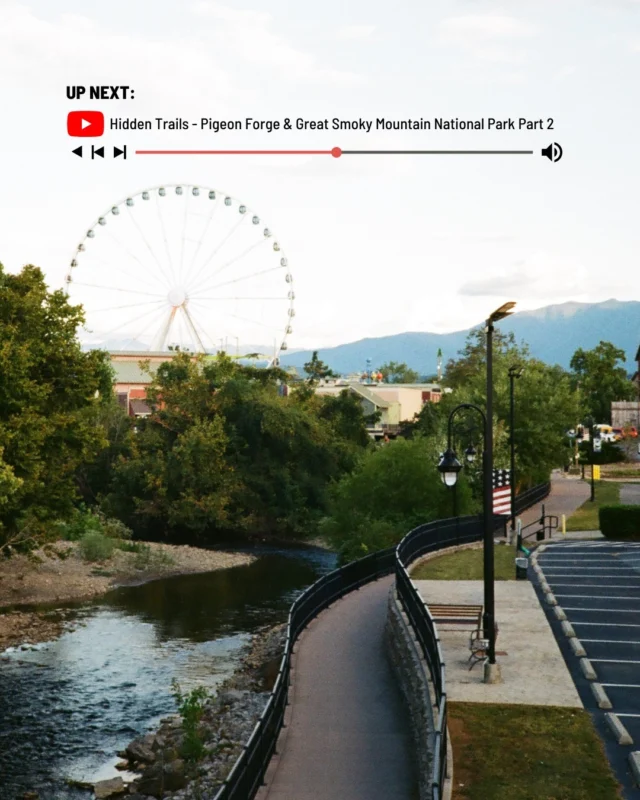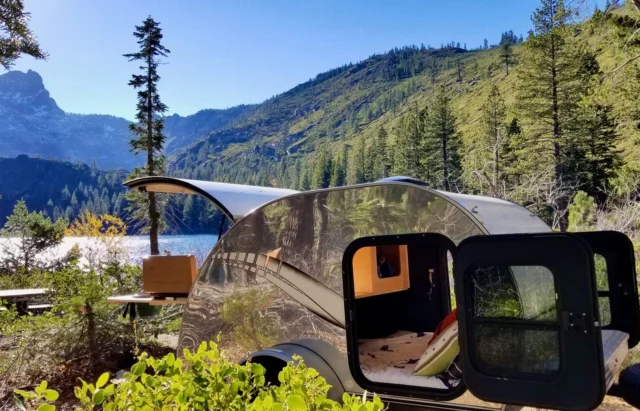
If you’ve decided to live the full-time RV lifestyle, congratulations! Full-time RVing is a fantastic way to live a simpler and less cluttered life. You get to explore new destinations, all without having to take a “vacation.” Provided that you work remotely or have the financial resources necessary to sustain the lifestyle, of course.
As a full-time RVer, your first challenge is going to be choosing all the items you really need and care about from your home and cramming them into a much smaller space. (the largest RVs are a maximum of 400 sq. ft.). Making decisions about your household items is perhaps the most difficult aspect of downsizing into an RV.
So, what can you do to better downsize your life into an RV? Consider the following.
Make Your Papers Digital
Oftentimes, a lot of household space is taken up by documents, stationary, bills, receipts, and other paperwork. If you don’t want to pile paperwork into boxes and cram them into your RV, there are other options to consider. One option includes, separating your existing paperwork into different categories based on their importance. Another option includes digitizing the paperwork you need to bring with you in the RV.
Do keep in mind that for certain critical documents (i.e., business documentation, marriage documentation, etc.), you should preserve the original paper documents for safekeeping. For further insurance, you should consider saving the digital scans of your paperwork on multiple hard drives or on a Cloud file storage platform.
What Clothing Will You Need When Full-Time RVing?
Clothing is perhaps the most difficult to downsize into your RV when transitioning to a full-time RV lifestyle. The main concern for many full-time RVers is that they are always ready for a variety of weather situations – and this is a perfectly fair concern. Most people who become full-time RVers are interested in traveling to different destinations throughout the year. A full-time RVer will encounter a variety of weather conditions.
Given that you’ll need clothes to suit warm, cold, and rainy weather, and everything in-between, you may find it challenging to squeeze all the right outfits for your full-time journey.
There are a few ways you can manage this problem. First, unless you’re a traveling salesman or will be attending many professional conferences on the road, you can safely downsize your formal wardrobe. Second, keep the pieces you love and can see yourself wearing consistently. Keeping clothes you feel comfortable wearing often will help you to downsize successfully. You’ll likely have to pack fewer clothes for each weather condition (instead of 4 beach outfits, you’ll pack 1 or 2).
Consider Long-Term Storage for Valuable Items When Full-Time RVing
Long-term storage can be expensive, but if you don’t have room for your household valuables, and your RV is already full, then you may have to consider long-term storage.
Long-term storage may also be a necessary option for valuable family heirlooms and other irreplaceable items. Though not likely, if your RV is broken into, then you do not want to risk an important family heirloom and other valuable personal items being taken from you.
Of course, once you invest in long-term storage, you may have extra space to keep clothes, furniture, and other items that you would otherwise have to sell or donate. If you can make it work with your budget, long-term storage could save you a lot of trouble when it comes to downsizing into an RV.
Sell Existing Furniture and Purchase Portable Furniture
Furniture from your home is quite a bit different than those made for an RV. For one thing, most RV furniture is built-in, so a lot of your home furniture cannot be used. Sell your existing valuable furniture before going on your full-time RV adventure. If you want some extra furniture for your RV, consider purchasing foldable, cheap furniture instead that you can set up outside of your RV for picnics and outdoor relaxation.
Minimize Dishware Storage
Though your RV may have a reasonably-sized kitchen, you should try to avoid bringing along too much dishware. Especially if you’re going to be doing a significant amount of “boondocking”. (Setting up camp in a natural environment without energy and water hookups).
Try to minimize your dishware by washing them more frequently. Keep some paper or plastic dishware on hand for those lazy days.
—
Good luck, and enjoy your time as a full-time RVer!






